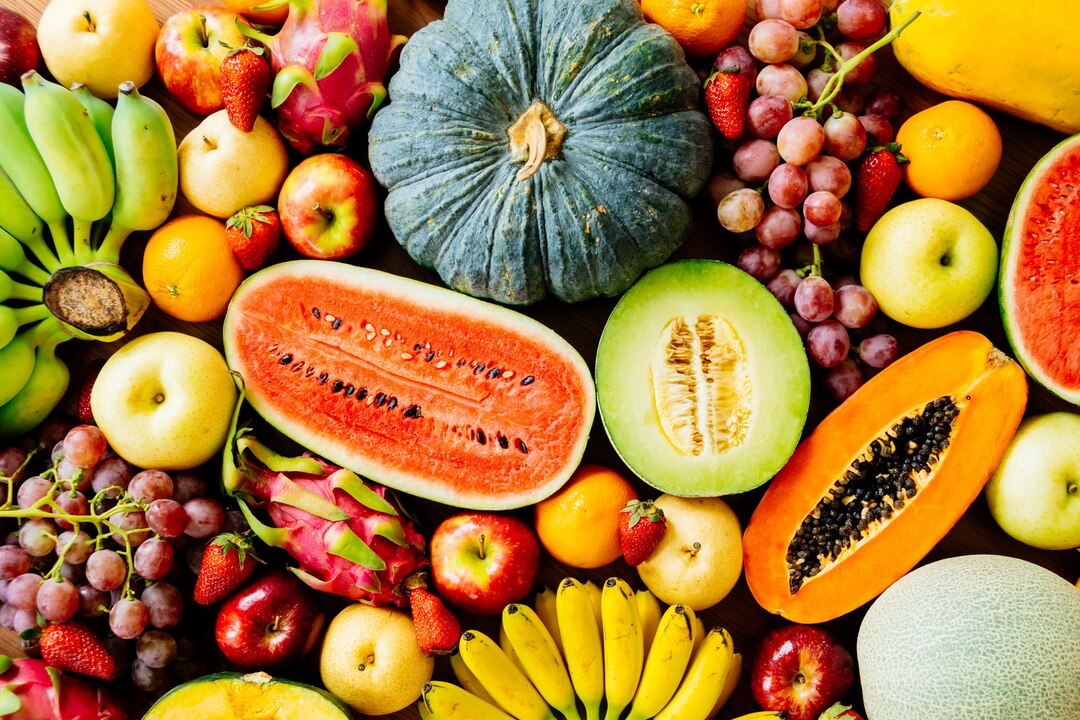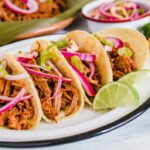As we grow older, maintaining a balanced diet becomes increasingly important to support physical health, mental clarity, and overall well-being. Aging bodies undergo changes that affect metabolism, nutrient absorption, and energy levels. A diet rich in essential nutrients tailored to your needs can help prevent chronic illnesses, promote vitality, and enhance quality of life.
Here’s a guide to the key food groups and how they contribute to healthy aging.
1. Vegetables
Vegetables are vital for their vitamins, minerals, and fiber content, which support digestion, immunity, and overall health.
- Focus on: Dark leafy greens (spinach, kale), cruciferous vegetables (broccoli, cauliflower), and colorful options (carrots, bell peppers).
- Benefits: Reduce the risk of heart disease, improve eye health, and maintain healthy digestion.
2. Fruits
Rich in antioxidants, fruits help combat free radicals that can accelerate aging.
- Focus on: Berries (blueberries, strawberries), citrus fruits (oranges, grapefruits), and apples.
- Benefits: Support heart health, boost the immune system, and provide natural sugars for energy.
3. Whole Grains
Whole grains provide sustained energy and are rich in fiber, aiding in digestion and preventing constipation.
- Focus on: Brown rice, whole-wheat bread, quinoa, oats, and barley.
- Benefits: Help regulate blood sugar levels and lower cholesterol.
4. Protein
Adequate protein intake helps preserve muscle mass and strength, which naturally decline with age.
- Focus on: Lean meats (chicken, turkey), fish (salmon, tuna), eggs, legumes (beans, lentils), and nuts.
- Benefits: Promote tissue repair, maintain muscle health, and improve metabolism.
5. Dairy (or Alternatives)
Calcium and vitamin D are crucial for bone health as bones become more fragile with age.
- Focus on: Low-fat milk, yogurt, cheese, or fortified plant-based alternatives (almond milk, soy milk).
- Benefits: Reduce the risk of osteoporosis and strengthen teeth and bones.
6. Healthy Fats
Healthy fats are essential for brain health and heart health.
- Focus on: Olive oil, avocados, nuts, seeds, and fatty fish.
- Benefits: Reduce inflammation, improve cholesterol levels, and support cognitive function.
7. Water
Dehydration is a common concern for older adults as the sense of thirst diminishes with age.
- Focus on: Drinking water regularly throughout the day and consuming hydrating foods like cucumbers, watermelon, and soups.
- Benefits: Maintain kidney function, support digestion, and regulate body temperature.
Special Considerations for Older Adults
1. Vitamin B12
Older adults may have difficulty absorbing vitamin B12, which is essential for red blood cell production and neurological health.
- Sources: Fortified cereals, eggs, and fish.
2. Potassium
Potassium helps regulate blood pressure and supports heart health.
- Sources: Bananas, sweet potatoes, and spinach.
3. Fiber
Fiber is essential for digestive health and can reduce the risk of heart disease.
- Sources: Whole grains, fruits, vegetables, and legumes.
4. Omega-3 Fatty Acids
These healthy fats reduce inflammation and promote joint and brain health.
- Sources: Salmon, walnuts, and flaxseeds.
Sample Meal Plan for Healthy Aging
Breakfast: Oatmeal topped with fresh berries, a sprinkle of chia seeds, and a side of low-fat yogurt.
Lunch: Grilled chicken salad with mixed greens, cherry tomatoes, and olive oil dressing.
Dinner: Baked salmon with roasted sweet potatoes and steamed broccoli.
Snack: A handful of almonds or a piece of fruit like an apple or banana.
Healthy eating as you age doesn’t have to be complicated. Focusing on nutrient-dense foods from each food group and staying hydrated can help you maintain energy levels, prevent chronic conditions, and support overall well-being. Small, consistent changes to your diet can make a significant difference in how you feel and function as you grow older.








